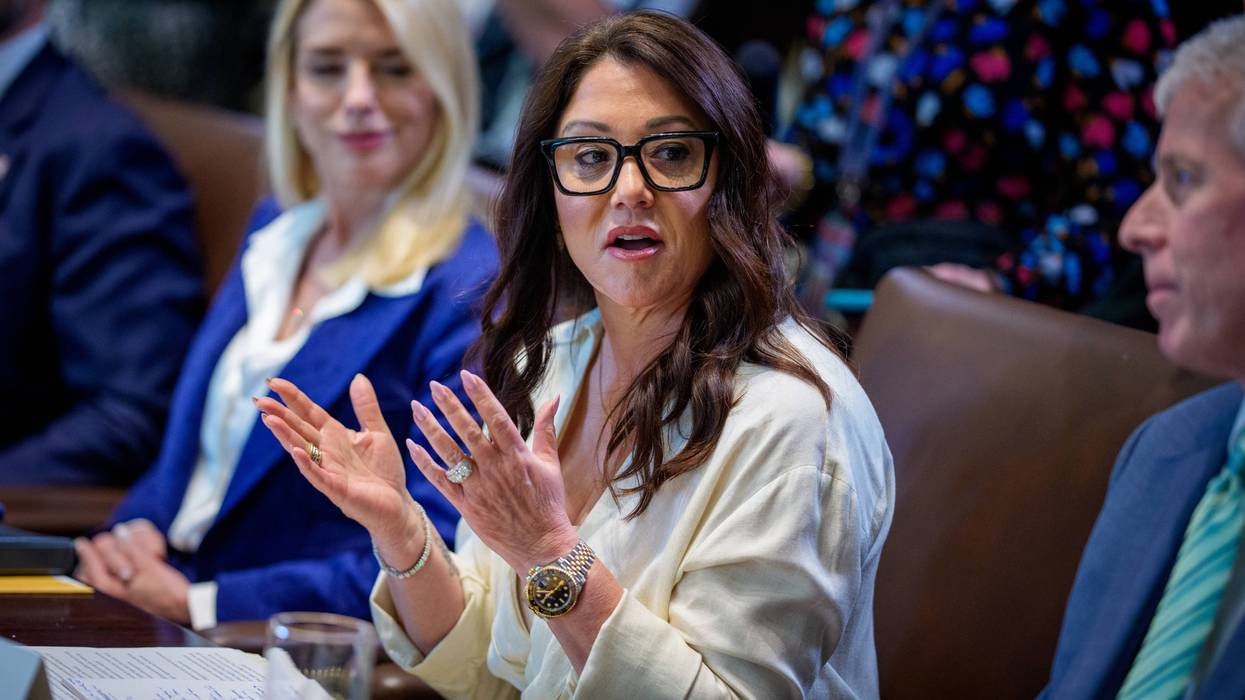The annual count of migratory monarchs that spend the winter in Mexico is once again dismal for the iconic orange-and-black butterflies. This year’s count showed a 22% decline from 2022, leaving the butterfly highly vulnerable to extinction.
The count found only 2.21 hectares of occupied forest. The total number of monarchs is 64% below the minimum threshold scientists say is necessary for the migrating pollinators to not be at risk of extinction in North America. Monarchs east of the Rocky Mountains have declined by around 90% since the mid-1990s.
“Despite heroic efforts to save monarchs by planting milkweed, we could still lose these extraordinary butterflies by not taking bolder action,” said Tierra Curry, a senior scientist at the Center for Biological Diversity. “Monarchs were once incredibly common. Now they’re the face of the extinction crisis as U.S. populations crash amid habitat loss and the climate meltdown.”
Monarchs are currently on the candidate waiting list for Endangered Species Act protection. The U.S. Fish and Wildlife Service has a 2024 deadline to make a final listing determination.
At the end of summer, eastern monarchs migrate from the northern United States and southern Canada to high-elevation fir forests in central Mexico. Scientists estimate the population size by measuring the area of trees turned orange by the clustering butterflies. The annual count is conducted by Mexico’s National Commission of Natural Protected Areas and World Wildlife Fund Mexico. The eastern population has been perilously low since 2008.
“We petitioned for protection for monarchs nine years ago, but they still face an onslaught of pesticides and habitat loss,” said George Kimbrell, legal director at the Center for Food Safety. “This year’s count shows once again that they continue to urgently need Endangered Species Act protection. The Fish and Wildlife Service has already agreed to make a final decision; now they only need make the correct one, the one conservation, science and the law requires: protect monarchs.”
Monarchs are threatened by pesticides, climate change, loss of U.S. grasslands and illegal logging of the forests where they migrate for the winter. They are also threatened during their migrations by mortality from roadkill and habitat fragmentation.
Scientists led by the Center for Biological Diversity and the Center for Food Safety petitioned the Fish and Wildlife Service to protect the butterfly under the Endangered Species Act in 2014.
Monarchs have lost an estimated 165 million acres of breeding habitat in the United States to herbicide spraying and development in recent decades. The caterpillars only eat milkweed, but the plant has been devastated by increased herbicide spraying in conjunction with corn and soybean crops that have been genetically engineered to tolerate direct spraying. The butterflies are also threatened by neonicotinoid insecticides, fungicides and other chemicals that are toxic to young caterpillars.
Most monarch butterflies west of the Rocky Mountains overwinter on the central coast of California. Their numbers rebounded this year to more than 330,000 butterflies during Thanksgiving counts. But deadly storms led to a 58% drop, with only 117,000 butterflies surviving into January. Overall the western population is down more than 95% since the 1980s.
In Canada monarchs are slated for listing as endangered under the Species At Risk Act. In Mexico they are considered a species of special concern.





